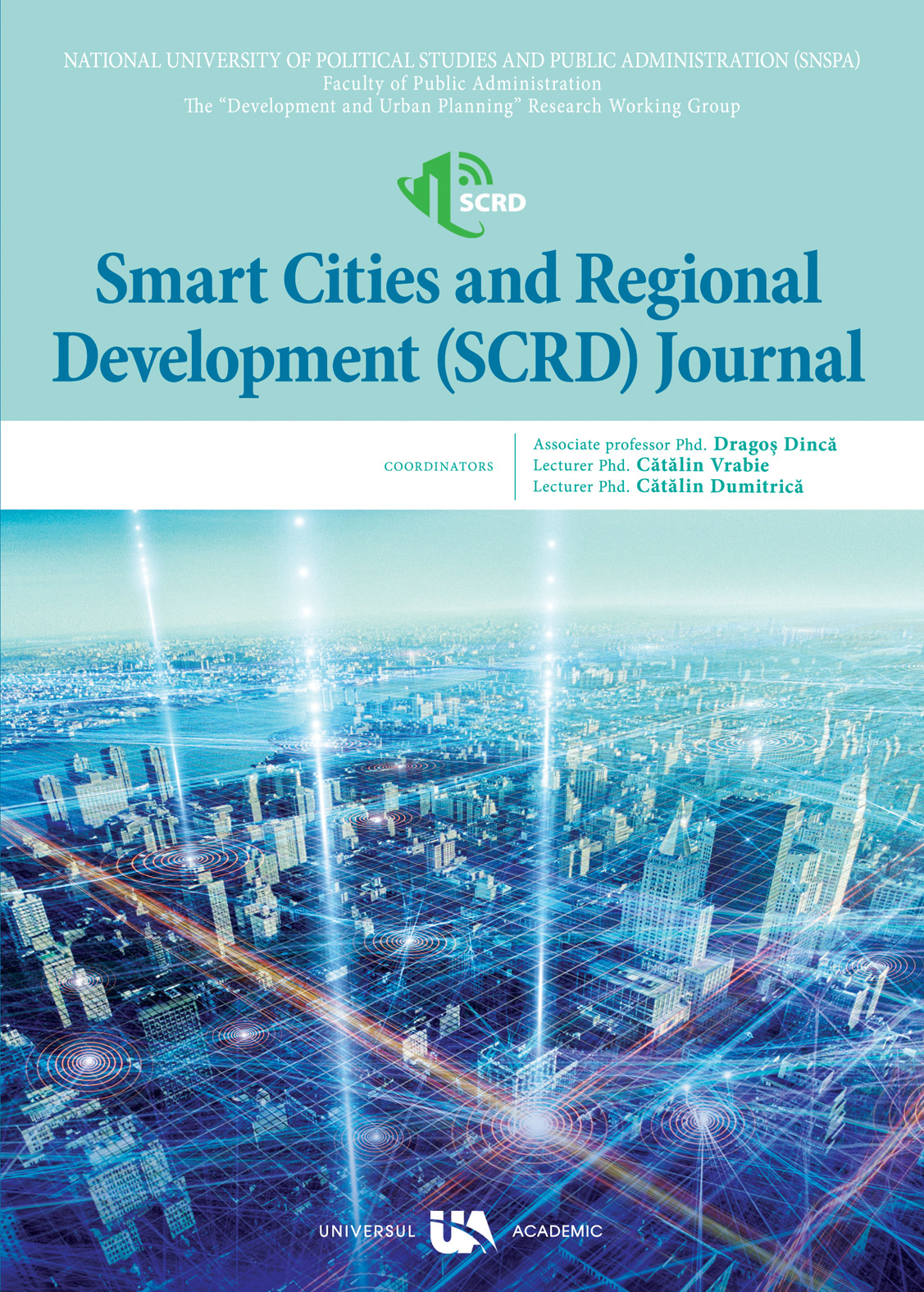Local culture and behaviour intention to adopt e-government
Local culture and behaviour intention to adopt e-government
Author(s): Muhammad Iqbal, Cyprien GenieSubject(s): Politics / Political Sciences, Politics, Social Sciences, Political Theory, Political Sciences, Civil Society, Economic policy, Government/Political systems, International relations/trade, Political behavior, Political economy, Political psychology, Politics and law, Politics and communication, Politics and society, History and theory of political science, Methodology and research technology, Comparative politics, Geopolitics, Politics and Identity, Corruption - Transparency - Anti-Corruption
Published by: Editura Universul Academic (SC GOOD LUCK SRL)
Keywords: Local Culture; Behaviour Intention; E-Government;
Summary/Abstract: In general, the basic concept of various theories of E-government adoption is individual reaction to use E-government as an independent variable, then intention (behavioral intention) to use E-government as an intermediary variable. The development of e-government adoption theory is developing dynamically. Scholars have developed several models to find out more about the reasons for individuals to accept and use technology and to find out what factors have a significant influence. In this paper, the author will discuss the theory of The unified model of e-government adoption (UMEGA) by adding the variables Perceived Enjoyment (TAM 3) and Habit (UTAUT 2). These variables measure internal factors and external factors that in previous studies had a high level of influence on the use of e-government. The finding in this study is that the social influence variable has a significant impact on attitudes to using e-government. More specifically, local culture is one factor that also has an inhibiting effect on the implementation of e-government. People prefer to use offline services compared to online/e-service/e-government services. This is because the public is worried about the risks experienced, such as data security, the possibility of system failure in public services, and other risk issues that develop in the community. In addition, the community also prefers to come directly to the service office due to public trust related to local cultures, such as (Ewuh Pakewuh, desire to stay in touch with other visitors, shy culture, etc.). If it is assumed, local culture, especially in Yogyakarta, is contrary to the culture of applying technology widely adopted by western countries, which are more open to modern culture, especially technology.
Journal: ORAȘE INTELIGENTE ȘI DEZVOLTARE REGIONALĂ
- Issue Year: VI/2022
- Issue No: 01
- Page Range: 19-25
- Page Count: 7
- Language: English

